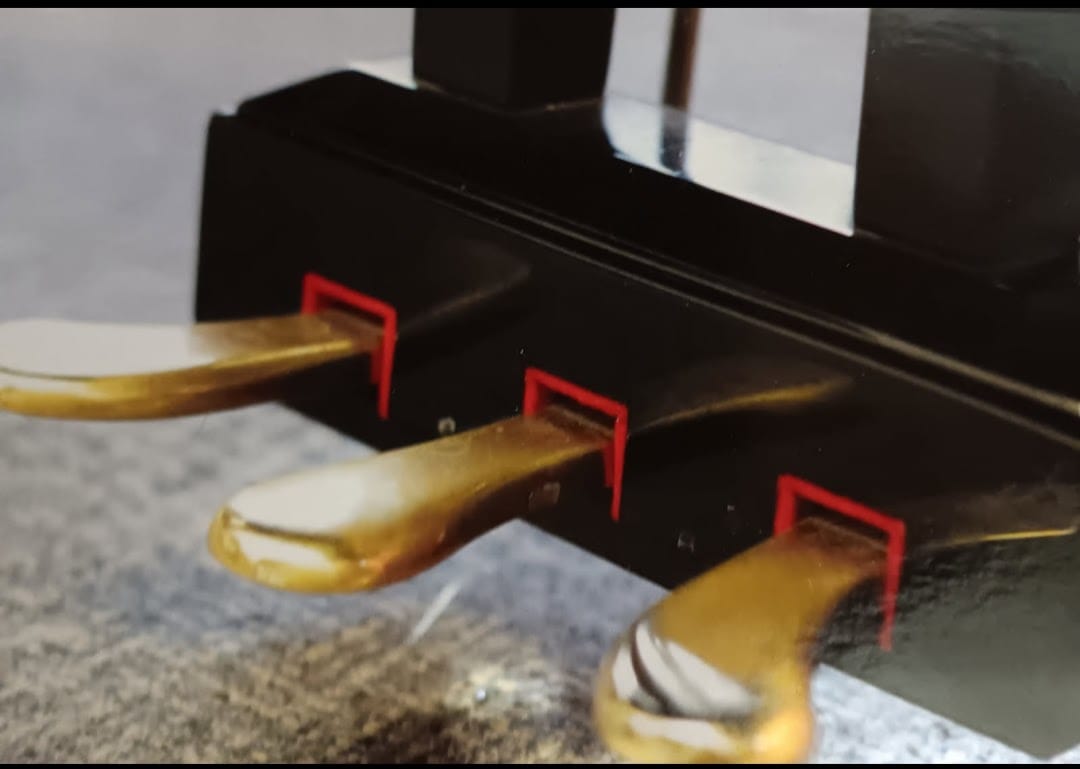"Your technique sucks".
Best practices for evaluating teachers

This picture is completely unrelated to the post.
When a person in education decides that they wish to train teachers, they usually are encouraged to earn their administrative credential. This is almost like earning a Master’s degree. You are t.r.a.i.n.e.d.
In administrative credentialing courses, you learn how to evaluate instructors. You learn about policy and ethical frameworks for using artificial intelligence. You’re taught about social emotional learning techniques, and you get practical training regarding use of technology.
When you start off as a studio owner, though, you likely do not have an administrative credential.
And two of the most important things you must know in order to remain in operation are:
- How do you decide whether your teachers are actually effective?
- And how do you provide strong feedback so that they can achieve your students’ and studio goals?
You need to know if a teacher is encouraging or not, or if the teacher is giving accurate information, and so on. And if they’re off in some way, you need to know how to respond. You can’t say, “Your technique sucks”, even if it does, because that’s not helpful. You have to learn how to give feedback that does not feel demoralizing or mean, and is illuminating and factual.
This is important stuff. Tough stuff, too.
I offer professional development workshops on this for musicians who are opening their studios or who are teaching for the first time. The training is always a transformative experience for both me and the teachers.
There are best practices that I can summarize here. May this help.
- Before you evaluate anyone, make sure that your teachers know what the objectives are before you come in the room, preferably long before you come into the room, like by at least a couple of weeks.
Do your teachers know that you want the students to achieve X, Y, Z by a certain date? Do your teachers know that there are two major competitions coming up and you expect at least 50% of the students to participate?
It is important is that the teachers know what the goals are, what the timelines are, and what the rubric is. (How does a teacher get a good evaluation? That determination is your rubric.) - There is more than one way to evaluate a person:
Popping into the room when they are teaching is one way.
Another way is talking to the students and finding out if they are learning, and then listening to their progress.
Another way is tracking the student growth over time (“Last year, Harish could barely play Für Elise; now he’s playing all three movements of Beethoven’s piano sonata #14.”)
Another way is recitals—yes, it’s a showcase for the students, but how do the students interact with their teacher under stress like this? Ah ha!
And so on.
There are many ways to evaluate a teacher. Using just one way limits the scope of genius of the teacher and is patently unfair. - Be aware that the effects of trauma can be numerous. The entire world experienced a global pandemic. The entire world is experiencing the negative results of mad men in positions of power and the wannabes who think they’re immune. The climate is changing and the results of that are becoming more severe.
And I haven’t even touched on personal issues.
The point is, everyone is going through something. Everyone.
Learning how to navigate this, using strategies that are based on neuroscience, psychology and medicine, will help you retain students, maintain good mental health for yourself, and could even improve your enrollment.
Setting clear objectives, using a variety of evaluation scenarios, and being sensitive to the needs of the students will help you as you learn techniques for success.
We teach this.
